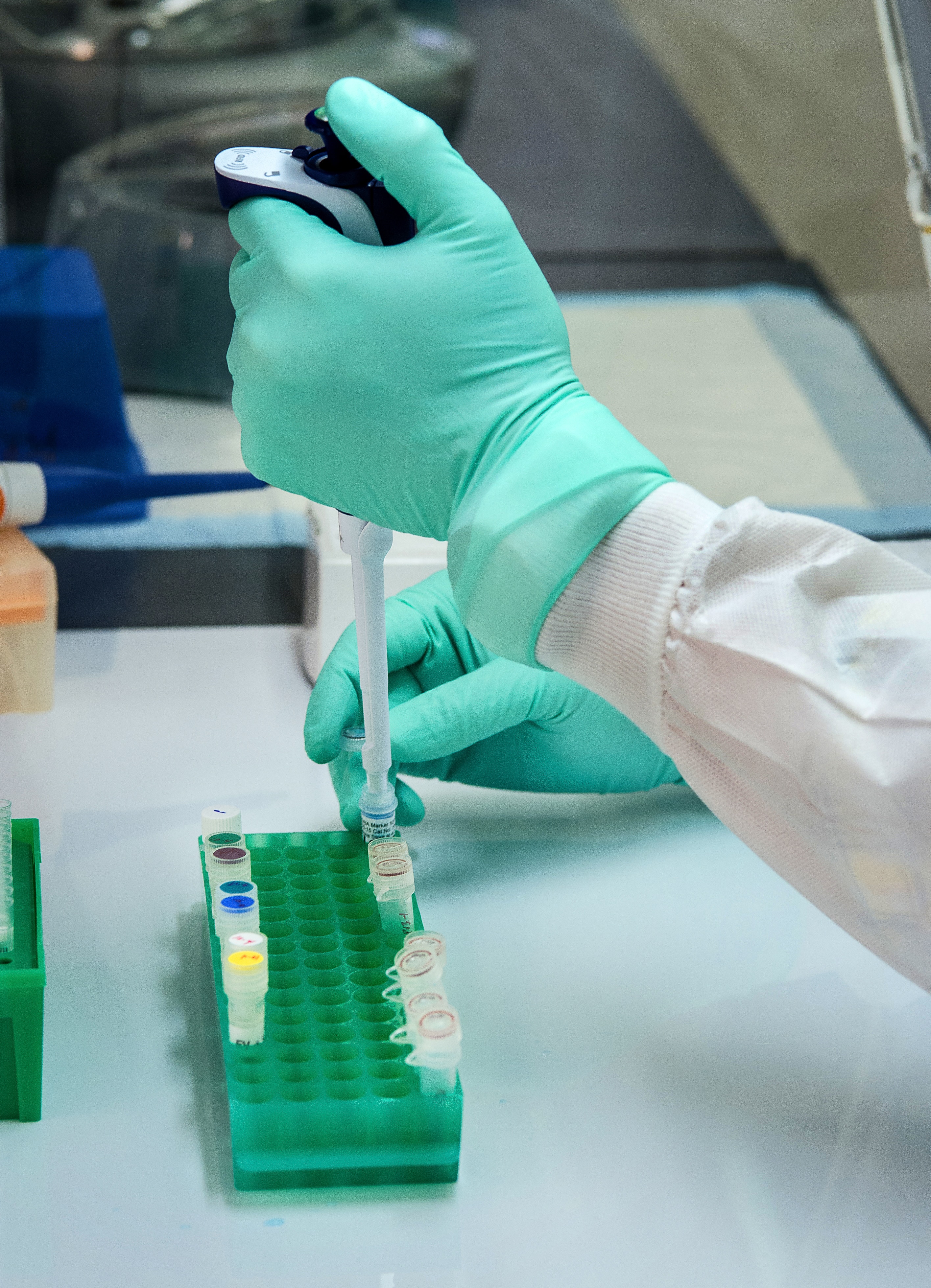Research
The Occurrence of Hyperactivated Platelets and Fibrinaloid Microclots in ME/CFS
June 15, 2022
The Stellenbosch team is happy to report that prior to support from the WE&ME Foundation (former TEMPI Foundation) via PolyBio Research Foundation in the USA in November 2021, Resia Pretorius recruited a talented PhD student, Jean Massimo Nunes. The team was supported by Retha Viviers, the founder of the South African ME/CFS Foundation, and participants that are associated with the foundation.
Research was conducted after collecting blood samples in January 2022. The team is currently analysing blood samples using proteomics.
The following abstract discusses the results from a small preliminary study of 25 participants with ME/CFS.
The occurrence of hyperactivated platelets and fibrinaloid microclots in Myalgic Encephalomyelitis/Chronic Fatigue Syndrome (ME/CFS)
Jean M Nunes1, Arneaux Kruger1, Amy Proal2, Douglas B Kell1,3,4, Etheresia Pretorius1,3
Abstract
We have previously demonstrated that platelet poor plasma (PPP) obtained from patients with LongCovid/Post-Acute Sequelae of COVID-19 (PASC) is characterized by a hypercoagulable state reflected in hyperactivated platelets and the presence of considerable numbers of fibrin(ogen) amyloid microclots or fibrinaloid microclots. Due to substantial overlap in symptoms and aetiology between PASC and ME/CFS, we investigated whether coagulopathies, platelet hyperactivation and/or fibrin amyloid formation differed between individuals exhibiting ME/CFS and gender- and age-matched healthy controls. ME/CFS patients were statistically far more hypercoagulable as judged by thromboelastography of both whole blood and platelet-poor plasma. The area of plasma images containing fibrinaloid microclots was commonly more than 10-fold greater in untreated platelet-poor plasma from individuals with ME/CFS than in that of healthy controls. A similar difference was found when the plasma samples were treated with thrombin. Using fluorescently labelled PAC-1, which recognizes glycoprotein IIb/IIIa, and CD62P, which binds P-selectin, we observed massive hyperactivation and spreading of platelets in samples from individuals with ME/CFS. Using a quantitative scoring system, this was found to have a score of 2.72 ± 1.24 vs 1.00 (activation with pseudopodia formation) for healthy controls. We conclude that ME/CFS is accompanied by substantial and measurable changes in coagulability, platelet hyperactivation, and fibrinaloid microclot formation. However, fibrinaloid microclot load was not as prevalent as was previously noted in PASC. Fibrinaloid microclots, in particular can provide a ready explanation, via (temporary) blockage of microcapillaries and hence ischaemia, for many of the symptoms, such as fatigue, seen in patients with ME/CFS. The discovery of these biomarkers pointing to significant and systemic endothelial inflammation, represents an important development in ME/CFS research. It also points at novel treatment strategies using known drugs and/or nutraceuticals that target systemic vascular pathology and endothelial inflammation.
1Department of Physiological Sciences, Faculty of Science, Stellenbosch University, Stellenbosch, Private Bag X1 Matieland, 7602, South Africa;
2 PolyBio Research Foundation, 7900 SE 28th ST, Suite 412,Mercer Island, WA 98040
3Department of Biochemistry and Systems Biology, Institute of Systems, Molecular and Integrative Biology, Faculty of Health and Life Sciences, University of Liverpool, L69 7ZB, UK.
4The Novo Nordisk Foundation Centre for Biosustainability, Technical University of Denmark, Kemitorvet 200, 2800 Kgs Lyngby, Denmark
